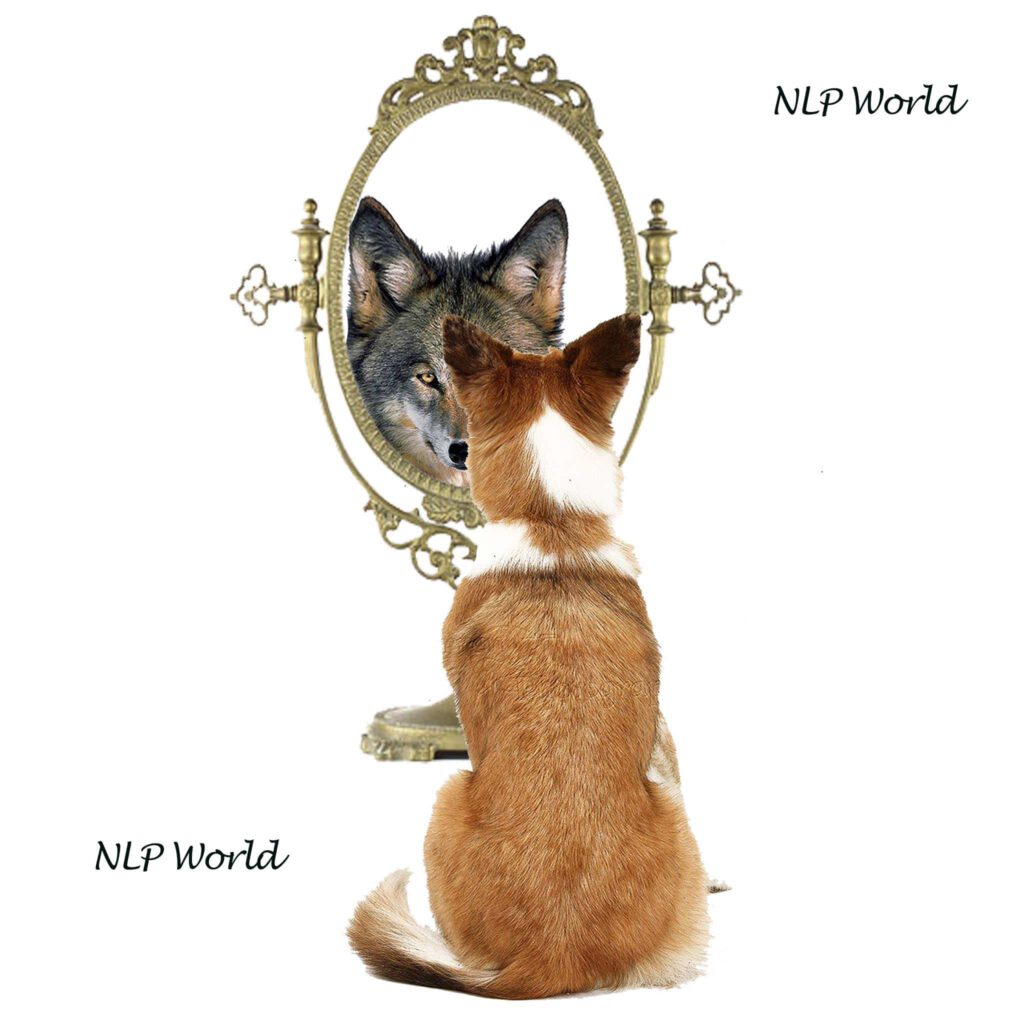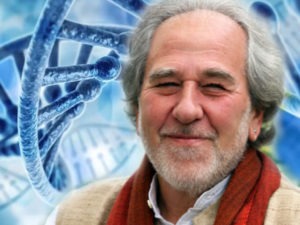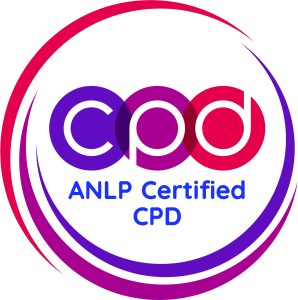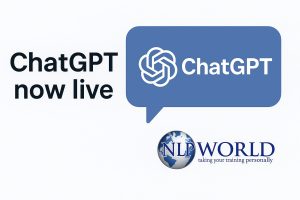
Darwin stated that it is neither the strongest nor the fittest that survives but the one that is most adaptable to change. So, what is it that we need to change? I would argue that our beliefs about life are perpetuated by the stories we tell ourselves. All too often we accept the way we perceive life as the truth. Yet, when we begin to question our stories/realities about life, we begin to see how we become our own worst enemies. NLP has evolved a fantastic array of techniques and good thinking practises to challenge old stories and perceptions of life that don’t work.
The beginning of a personal crisis is the time when your personal story you tell yourself, is no longer convincing. In fact, people do not perceive others as they really are – but rather as they imagine themselves to be. If that illusion starts to become undermined, the crisis can emerge. If you are working as an NLP Practitioner, you’ll learn how to get through people’s story, to what’s underneath (either on a corporate level or personal).

Life is essentially a collection of subjectively held perceptions. Moreover, these perceptions are created by a tapestry of interactions throughout our life, especially our childhood. Let’s look at the example of a man who has struggled to initiate satisfying conversations with a woman from an early age. There is some hard wiring that is preventing the flow. This person may have developed a story about how ‘anxiety’ is the issue, how they are not ‘good-looking enough’ – or even that their parents didn’t get them the love they deserved. This is the ‘story’. By retelling this narrative, to friends, family and even counsellors, they condemn themselves to whatever perceptions they evolved over time.
However, when we begin to delve into the origins of these stories, we will inevitably stumble upon some early (often childhood) memories. In this scenario, our young male saw an attractive woman from across the room. Observing her, he begins to think of a possible future that includes her – and with amazing courage, summons up the strength to walk across a crowded room to meet her. He then trips and falls just as he is about to introduce himself. The desired woman giggles as the young man hits the floor.
Embarrassed and mortified, he jumps up and quickly departs the scene. As he leaves he decides to never again to take such a risk and a situation like that that must be avoided. This decision is made in language. It may be something like “it’s not worth taking risks as I can get really hurt”. This eventually becomes what Terry Elston describes as their “life sentence”.
But what is forgotten by ourselves is the actual decision itself. We work with these “life sentences” on your training.
Instead we start to build our stories to protect the younger self. And the more we recount the story, the more the illusion continues, perhaps even more sophisticated. That’s why telling people our stories, even to professionals, may not relieve the situation.

Research highlights how these “intense early experiences are believed to influence the child’s developing relationship templates through a type of experiential imprinting (Kernberg, 1984)”. What is more, neuroscience is confirming that many early childhood interactions have significant impacts on the developing brain. You may not need to be a scientist to work that one out for yourself, yet the work of Bruce Lipton, a developmental biologist, has now proven the links between our neuro receptors and our perceptions of reality. In other words, our choices are affecting the chemical reactions inside our bodies – and continue to do so related to the pictures, sounds and feelings we associate with our memories and decisions we make.
The fact of the matter is – if we desire to bring about change in our lives we need to be willing to confront our own subjective held beliefs and stories. This is why it is so vital to consistently be aware of the fact that the brain deletes, distorts and generalizes information. Therefore, when we set our intention and hold the vision of our success at the forefront of our mind’s eye, we are starting to challenge whatever may be in the way. The true courage is to act on what we want, not continually tell the stories of what we perceive as our weaknesses. That will cause change.
As you well know, change is as good as a holiday and added to that change is the only constant we know. Or as one quote states:
“As many people want different things as desire different things. Not many want to be different to get them though!”
Terry Elston
The NLP Practitioner course is designed to break through old perceptions, enabling you to create and design new futures from future choice, not from the programmed past.
Have a look at the courses available and coming up here. NLP Practitioner Courses and Schedules.







